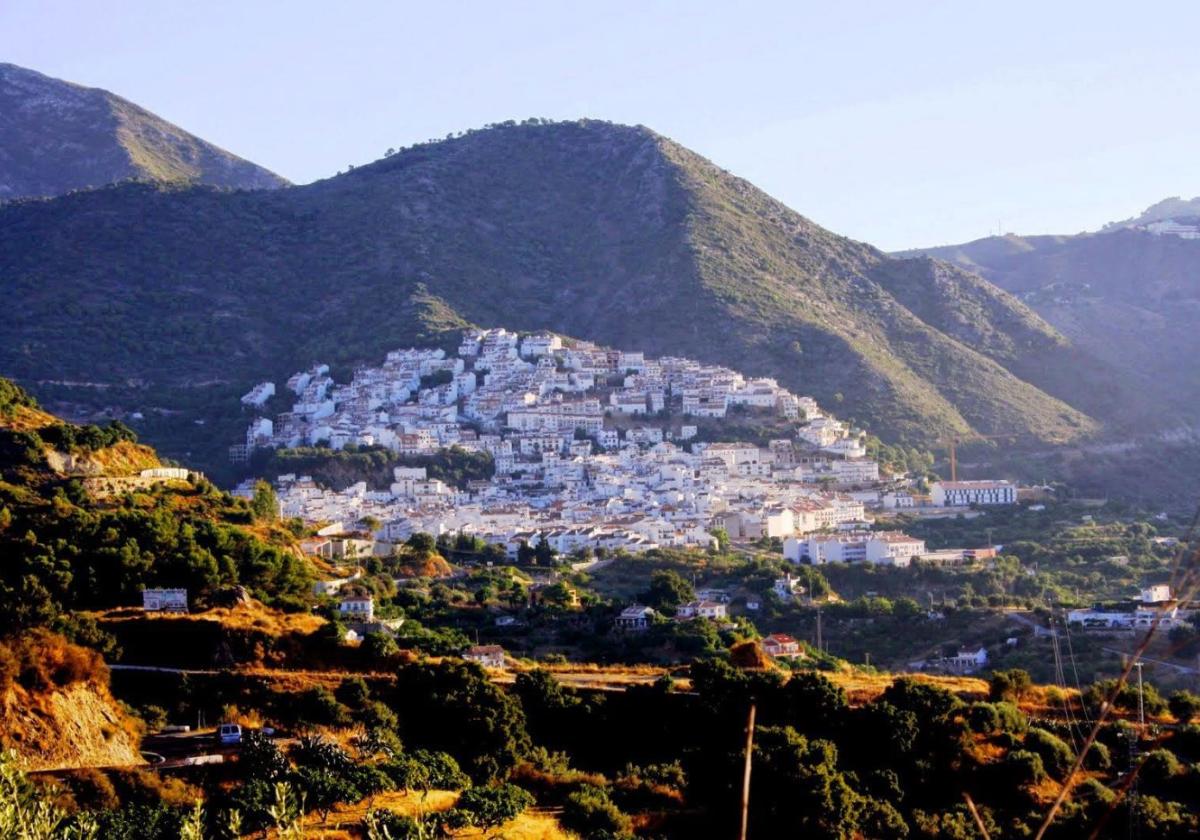

Sections
Highlight

Friday, 16 June 2023, 13:17
Academics believe that Ojén's history can be traced back to the Stone Age, which appears to be evidenced by the Cueva del Pecho Redondo cave, although there is little written documentation of the current town until the Muslim era.
Although the coast was favoured during Roman occupation, it is speculated that in the Ojén area there could have been an agriculture settlement called oixan or oihan, which derives from the Iberian for forest, although its exact location has been lost in history.
The first time that Ojén was mentioned is in the chronicles of the Cordovan emirs in the tenth century. According to one account, Ojén was the scene of a battle in 921 during an uprising of the local Mozarabs (Christians who lived in Muslim lands). Records show that Abderraman III fought with an army led by Omar Ben Hafsun in rebellion against the dominance of the Emirate of Cordoba. Having defeated Hafsun, the caliph ordered the building of a mosque as proof of Muslim supremacy over the Christian converts.
The most common theory regarding the origins of the town's name is that it comes from the Arabic word hoxán, meaning a harsh place, which seems a strange description for such a beautiful area, although there is no evidence to support this theory.
Following the village's capture by the Catholic Monarchs at the end of the 15th century, one hundred Moriscos (Muslim converts to Christianity) and four Christians remained in the town. At that time, Ojén sent dried fruit, silk, wax and honey to Marbella to be exported to Africa.
The 18th century British chronicler, Francis Carter, said that the town's name almost certainly showed Arabic influence, although the exact source of the name has never been certified.
Some of the local population wrongly believed that the town's name evolved much later than the Arabic source. During the early 19th century, the town began to distil aguardiente, a type of sweet brandy made with anisette, which was, and still is, called ojén. This was made using ingredients that came exclusively from the vineyards surrounding Ojén, although the name of ojén came to be used as a generic denomination for quality sweet brandy.
Publicidad
Publicidad
Publicidad
Publicidad
Esta funcionalidad es exclusiva para registrados.
Reporta un error en esta noticia

Debido a un error no hemos podido dar de alta tu suscripción.
Por favor, ponte en contacto con Atención al Cliente.

¡Bienvenido a SURINENGLISH!

Tu suscripción con Google se ha realizado correctamente, pero ya tenías otra suscripción activa en SURINENGLISH.
Déjanos tus datos y nos pondremos en contacto contigo para analizar tu caso

¡Tu suscripción con Google se ha realizado correctamente!
La compra se ha asociado al siguiente email
Comentar es una ventaja exclusiva para registrados
¿Ya eres registrado?
Inicia sesiónNecesitas ser suscriptor para poder votar.